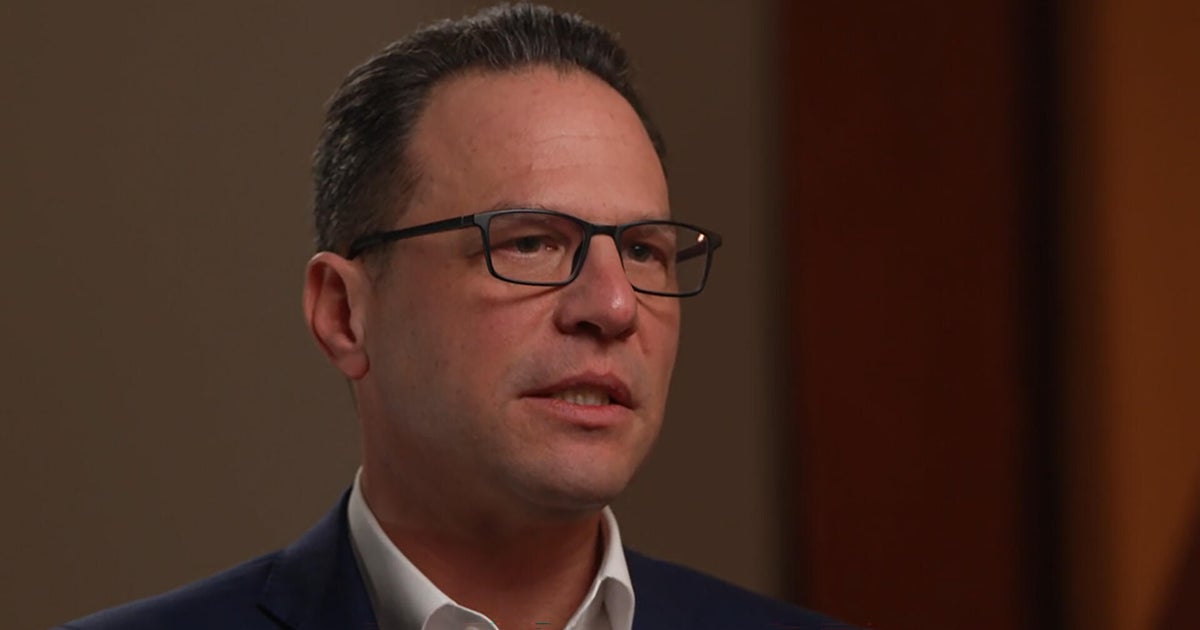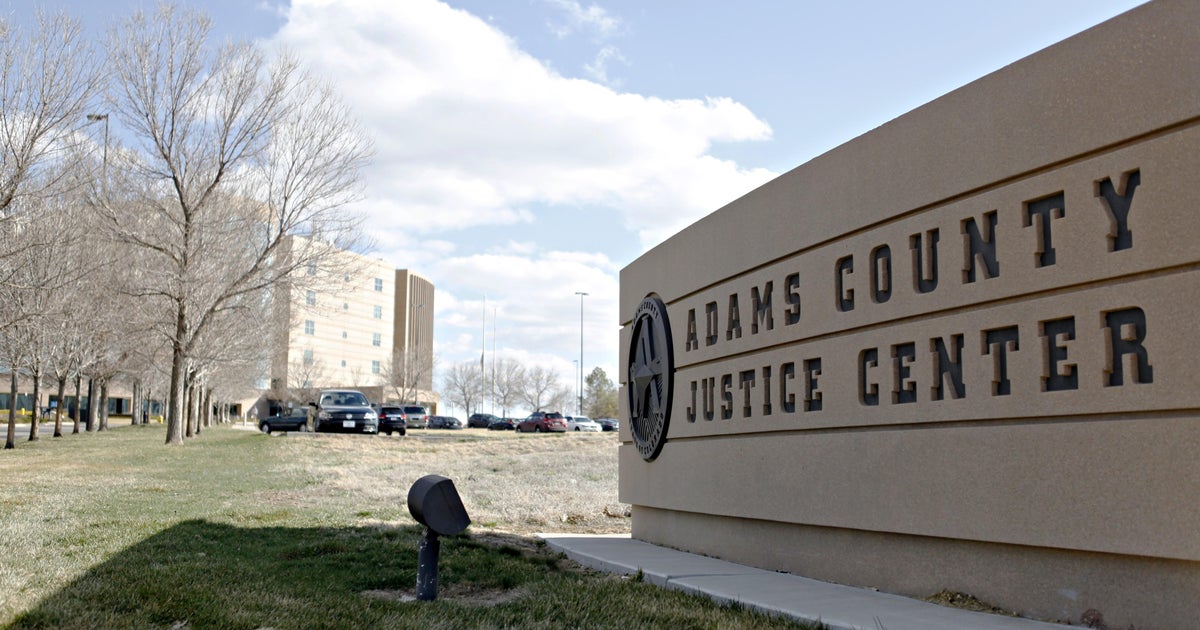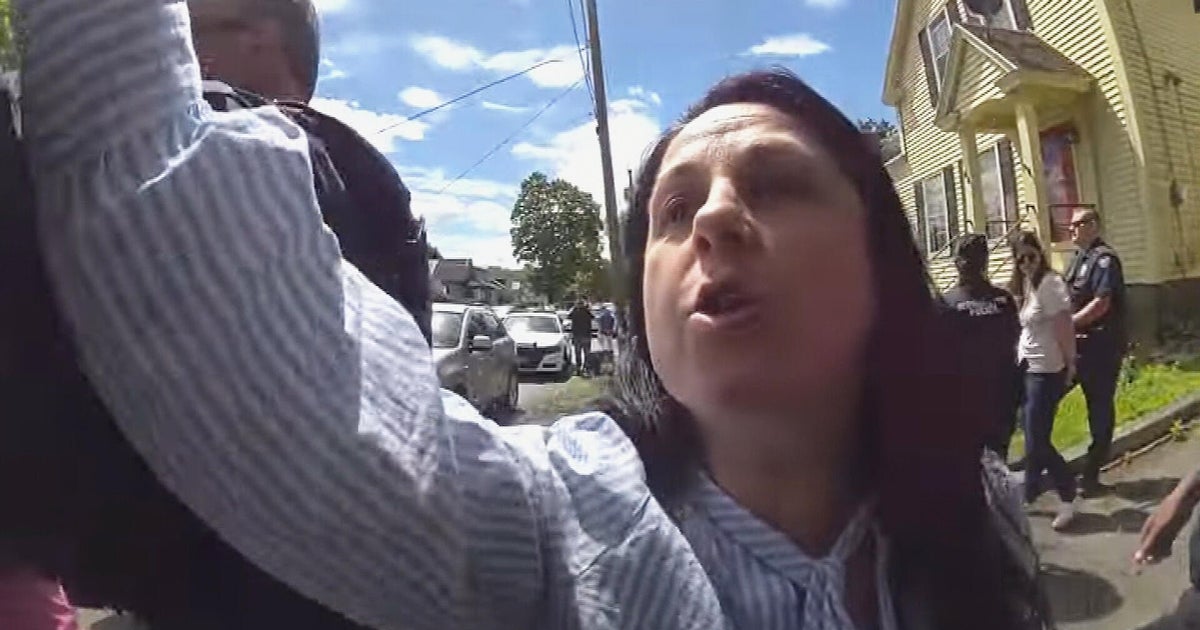Litigation Over What's Left Behind On The Rise
KRISTI TOUSIGNANT
The Daily Record
BALTIMORE (AP) -- Lawyers who used to handle the occasional trust or will dispute are finding themselves in Orphans' Court more and more these days. For some, what was once a "spinoff" has turned into their main practice area.
In the last five years, the total number of hearings annually in Baltimore and five Maryland counties increased by about 24 percent, according to records collected from county Orphans' Courts.
Fiduciary litigation attorneys have seen this uptick reflected in their own caseloads, but are divided on what is behind it. Reasons range from society's more combative nature to more inexperienced trustees trying to set up estates.
"These are colorful cases that are about people's lives," said Kelly M. Preteroti, a fiduciary litigation attorney at Ober ` Kaler in Baltimore.
Preteroti and fellow Ober ` Kaler attorney James E. Edwards Jr., who has been practicing in this area of law for more than 10 years, have seen the number of fiduciary litigation cases in their practice increase five-fold in the last five years. Particularly, they have seen more cases dealing with the estates of middle-class people who had modest amounts of money, where in the past, disputes tended to involve more wealthy estates.
Edwards and Preteroti credit the uptick partially to the more complicated family trees of modern times with multiple marriages sprouting branches of children and stepchildren.
Plus, they said people in general seem to be more combative, leading to more of these cases going to court.
"People are willing to fight over a piece of jewelry because it has sentimental value," Edwards said.
Judge Joyce M. Baylor-Thompson, chief judge of the Baltimore City Orphans' Court, said she has noticed that trend in her courtroom.
"I think people may be more litigious now," Baylor-Thompson said. "They just file for anything."
Yet another reason, Edwards and Preteroti said, is that more people are waiting longer to write wills. A will written nearer the end of life, often when the testator's health has declined, is much more vulnerable to attack, they said.
"The combination of not always having an intact family and procrastination has given rise to this," Edwards said.
Of the state's five largest jurisdictions -- Anne Arundel, Baltimore, Howard, Montgomery and Prince George's counties, in addition to the city of Baltimore -- Anne Arundel County had the largest percentage increase in hearings over the past five years, at 62 percent. Howard County Orphans' Court was the only one of the five that saw hearings decrease, with a 9 percent drop over five years. Prince George's County topped the list in raw numbers, followed by Baltimore city.
In Prince George's County, Orphans' Court hearings increased about 24 percent over the past five years, rising from 1,747 in 2009 to a peak of 2,217 in 2012 before nudging down to 2,164 last year.
Baltimore city consistently had the second-highest numbers, reaching its five-year high of 1,365 in 2013 -- a 37 percent increase since 2009.
By comparison, Baltimore County -- which has a population greater than Baltimore's by about a third -- had 336 hearings in 2013, up just eight percent from the 311 hearings in 2009.
Montgomery County Orphans' Court saw its yearly hearings increase about 10 percent in the last five years, rising from 289 hearings in 2009 to 319 in 2013.
While the numbers vary by jurisdiction, attorneys interviewed for this story said they had seen their cases increase everywhere in the state.
Jeffrey E. Nusinov of Fisher & Winner LLP in Baltimore said fiduciary litigation takes up about 70 percent of his practice compared to 30 percent a decade ago.
Nusinov attributed the spike to inexperienced trustees trying to handle more complex matters.
"There has been an increase because have people are avoiding lawyers and pulling wills off the Internet," Nusinov said.
His firm focuses on estate planning, but Nusinov said most of his fiduciary litigation work comes from referrals from other outside attorneys.
"I was into litigation," Nusinov said. "As things got started, this was a spinoff. There's been enough in the fiduciary litigation arena to keep us very busy."
Attorney Kimya B. Thomas of Pessin Katz Law P.A. in Towson said she has also noticed a yearly 20 percent increase in fiduciary litigation cases in her practice since she started in the area five years ago.
Thomas said she thinks more people are setting up trusts in general using more complex estate planning rules.
"Generally, when people are doing more for estate planning and appointing people to act in fiduciary actions in the future, you see a trend toward disputes over how the estate plan was created," Thomas said.
Attorney Robert E. Grant of Furey, Doolan & Abell LLP in Chevy Chase says he has seen his fiduciary litigation practice increase as well and has seen cases go further in the process than they have in the past.
About 75 percent of Grant's practice is made up of fiduciary litigation, a large chunk of which comes to his desk through other attorneys at his firm, which focuses largely on estate planning.
"My practice has evolved over the years into doing more fiduciary litigation," Grant said.
Grant said he thinks the increase in the fiduciary litigation caseload is due to the increasing number of federal exemptions from the estate tax, which means there is more money to fight over.
When attorneys in the fiduciary litigation practice at Ober ` Kaler in Baltimore noticed the uptick in their caseload, they decided to do something about it.
"This is a unique niche and we have experience," Edwards said.
For the past five years, the attorneys have been actively marketing their fiduciary litigation practice by giving seminars and speaking several times a year at accounting firms or for groups of financial advisers. They urge these professionals to have their clients seek legal counsel when setting up wills and estates.
"None of us lives forever," Edwards said. "It made sense to us to talk to these people about it."
For example, one of the topics they bring up in their seminars is the fact that having a joint bank account holder on a deceased person's account can pre-empt other stipulations in a will.
"These are sophisticated professionals and when we bring up the joint account issue they are shocked," Preteroti said.
Their outreach has brought the firm more referrals and, ultimately, more clients, they said.
"Clients can be emotional and you always want to get the best resolution for people," Edwards said. "You internalize things and they become your friends, and you want for them to receive the best possible result they can."
(Copyright 2013 by The Associated Press. All Rights Reserved.)







